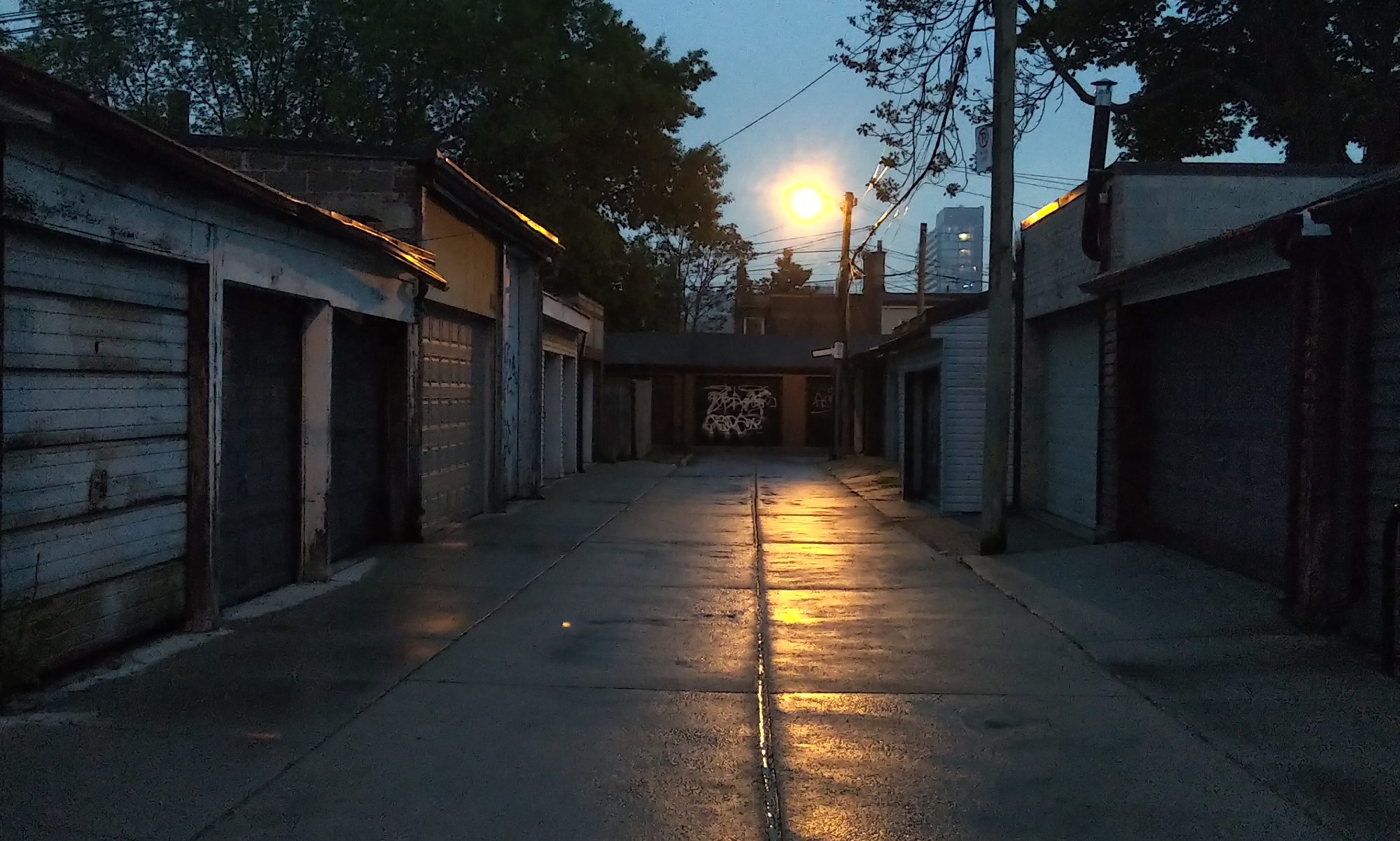I had the occasion to be asked to do an interview with a Canadian podcaster recently, which I agreed to without hesitation. Firstly, their independently-produced program seemed perfectly legit, and secondly (more pragmatically) there are so many authors chasing interviews and fewer and fewer venues to provide exposure that — all combined — the decision was a no-brainer. That said, the week leading up to the interview my partner asked what I was going to be interviewed about. I had just assumed I’d been chosen based on my being a published author of two novels (etc), however she raised a good question: was it going to centre on my day job?
A backgrounder…
When I was preparing for the publication of Radioland in 2022 I felt more comfortable, perhaps because the book’s characters expressed behaviours of those who are traumatized, making mention of my day job in the lead-up promotional material. My day job, for those who don’t know, is as a Registered Psychotherapist in private practice. It didn’t seem to hurt to make mention of this, insofar as, personally and professionally, I was writing from a place of understanding. So, when the interview requests began to roll in — and believe me, as an author with an indie publisher, I’m grateful for every opportunity I get — I began to notice that, within the interest of Radioland and myself as its author, there was inevitably a tie-in question about my being a psychotherapist.
Some of the interest in my day job was matter-of-fact; there are few writers out there (who are not independently wealthy) who can get by doing this full-time. I had no issues with the professional curiosity. But, overall, a feeling began to grow that — in the way the questions were phrased — my existence as an author and the responsibilities of my day job seemed to be artificially stitched together. A particularly egregious suggestion — one I’ve had to field privately before, even from other writers in casual conversation — was whether I was ever tempted to use my clients’ material for my fiction. I’ve been able to handle this respectfully before, but I find this question offensive. First off, would they ask a lawyer or doctor this question? Well…some people still would, actually. However, most discouragingly, was the idea that I would wholesale take confidential client material and use it for my own creative purposes. Needless to say, this would be not only unethical but illegal.
“I’ve been able to handle this respectfully before […] but I find this question offensive. First off, would they ask a lawyer or doctor this question? Well…some people still would, actually. However, most discouragingly, was the idea that I would wholesale take confidential client material and use it for my own creative purposes.“
But there’s a more pernicious concern that developed in the way in which my day job was mentioned in the same breath as my work as an author. In the back of my head was this fear that my book was being portrayed as Good For You (because it’s written by a psychotherapist, right?), that it would thus contain Life Lessons based on Wellness Knowledge. In other words, that it was didactic and prescriptive. Radioland, in both form and intent, couldn’t be further from this, and the steady conflation I experienced between what I did for a living and what I wrote bothered the hell out of me as a result. I also didn’t want to be ghettoized, as some can be, where their non-medically-oriented books are quickly forgotten about.
I realize I bear some naive responsibility for providing this information initially, and yet I feel like it can’t be overstated: I am not my job. I am not my fiction. Of course there’s going to be a whole lot of Venn shared by my interests, my work and my writing output — I would probably be an anomaly if that wasn’t the case. But here’s the important part: what I write is not the product of a psychotherapist so much as that my choice to change careers 12+ years ago was the product of the same person who’s been writing since he was a kid. What I won’t allow myself to be is pigeon-holed, and so, coming back to the podcast interview I had scheduled, I prepared a brief statement which I planned to make if I felt that the same conflation was about to occur. To my relief, the interviewer focused almost solely on my writing with only a brief acknowledgement of my day job, with no attempt to draw the two together (note: I haven’t listened to the final, edited interview yet, which won’t be available for a few weeks). There is always hope.

